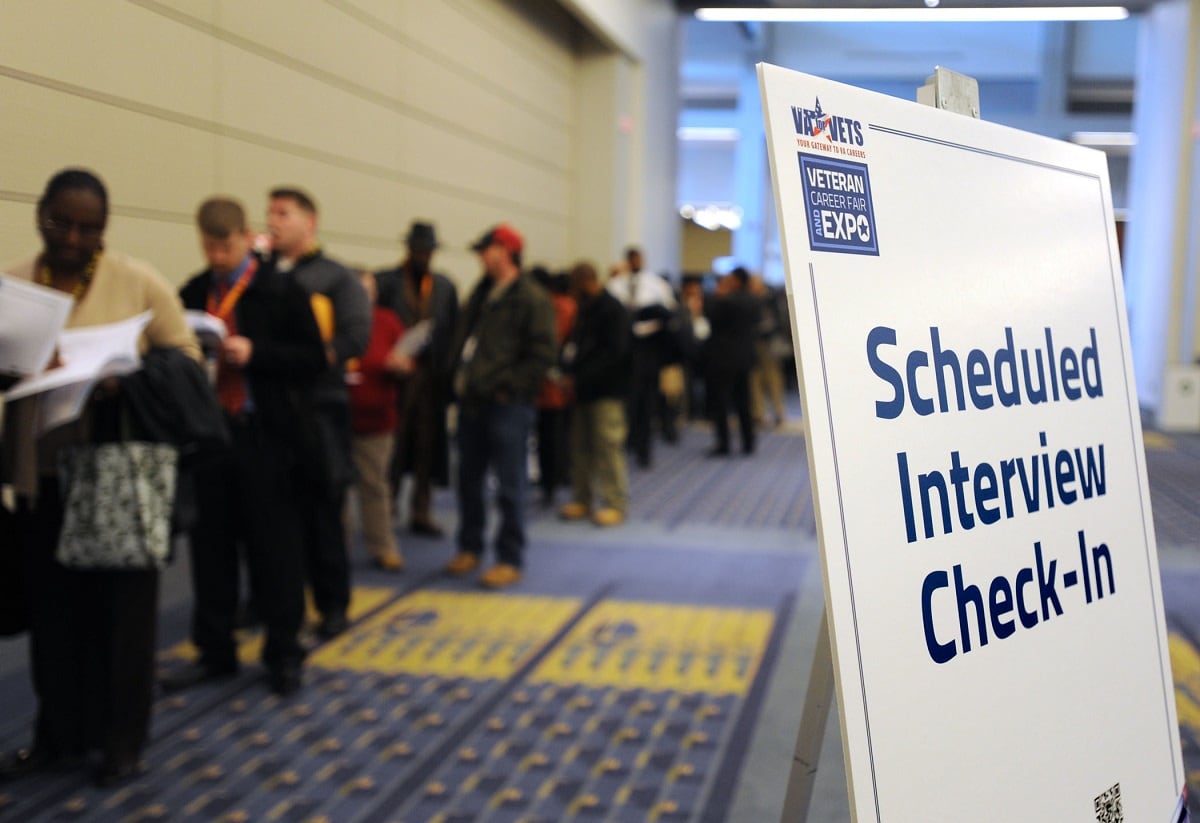For 90% of Virginia’s state’s public jobs, a traditional college degree will soon no longer be necessary.
Gov. Glenn Youngkin, a Republican, said he’ll lift degree requirements for executive jobs in the state to “improve hiring processes, expand possibilities and career paths for job seekers and enhance our ability to deliver quality services.”
The move goes into effect July 1, and Virginia is not the only state pursuing this idea. Skills-based hiring, as it’s become known, has been gaining popularity as a way to reduce barriers to employment and evaluate candidates based on their competencies, whether they learned them in a classroom or not.
Ten states have declared similar plans, and even the federal government has floated the idea of de-emphasizing diplomas — when it makes sense to do so. Former President Donald Trump tasked the Office of Personnel Management with developing alternative methods for assessing candidate’s skills. Since then, officials have have said that higher education will remain a prerequisite for health care workers, legal professionals and other highly specialized jobs. For other vocations, including computer programming and cybersecurity, the skills can be taught online, often for free.
The issue is that degree requirements may discourage or outright turn away the prototypical “basement hacker,” who learns valuable tech skills through online videos and forums and in turn, converts them debt-free into a job at any number of public and private sector employers, who are jumping over each other for IT talent.
“America’s private employers have modernized their recruitment practices to better identify and secure talent through skills- and competency-based hiring,” Trump said in his 2020 executive order. “Degree-based hiring is especially likely to exclude qualified candidates for jobs related to emerging technologies and those with weak connections between educational attainment and the skills or competencies required to perform them.”
The White House has said its personnel policy is shifting to target diverse candidates who can’t afford a four-year degree but nonetheless earned proficiency in a skill another way. Today, about 60% of Asian Americans 25 and older have at least a bachelor’s degree compared with 42% of white adults, 28% of Black adults and 21% of Hispanic adults. By contrast, about half of U.S. employees hold some kind of alternative credential, according to the Society for Human Resource Management.
RELATED

Agencies haven’t gone quite as far as Youngkin, though the Office of Personnel Management is taking incremental steps. This quarter, it created training for agencies to include subject-matter experts in the interview process. These individuals have expertise in the field an agency is hiring for and can ask pointed questions that a human resources manager wouldn’t know.
Skills-based hiring may also give federal agencies a bigger pool of candidates to select from and allow them to make better selections overall, though experts and employees have cautioned that any changes to hiring practices need to stay within the strict guardrails of the merit-based system.
“Removing minimum education requirements may allow for more subjectivity in the assessment of candidates, which could lead to favoritism in the hiring process,” according to the Congressional Research Service.
And if hiring pools become bigger as a result of loosening education requirements, it may fall on hiring managers to absorb workloads. Over the last three decades, their strength has dwindled; on average, there’s now one HR employee for 48 agency employees, up from 41 in 1990.
RELATED

At the same time, government officials have said employing more subject-matter experts could reduce the burden on HR professionals to screen applicants. Skills assessments and online tests may even self-select among candidates who aren’t willing to take the time to complete them.
According to OPM’s latest guidance from 2022, these tactics can provide “hiring managers with the skilled candidates they need to hire the first time around, avoiding the wasteful need to re-post positions when the initial pool lacked candidates with sufficient skills.”
Molly Weisner is a staff reporter for Federal Times where she covers labor, policy and contracting pertaining to the government workforce. She made previous stops at USA Today and McClatchy as a digital producer, and worked at The New York Times as a copy editor. Molly majored in journalism at the University of North Carolina at Chapel Hill.





